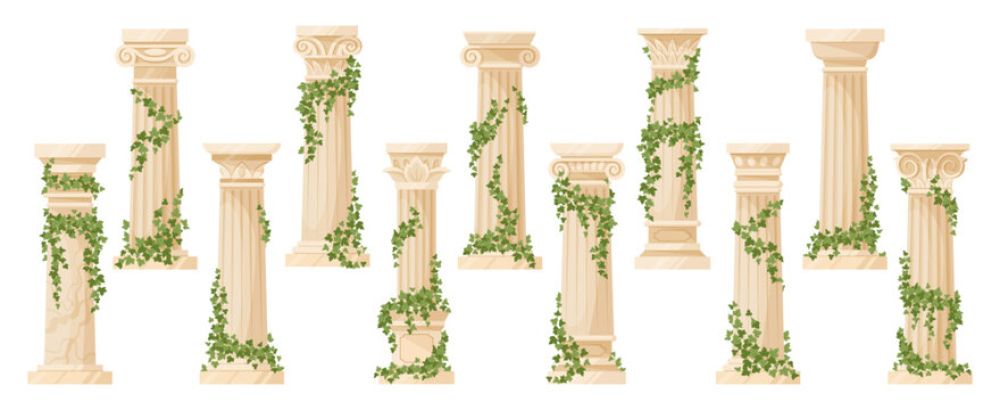

The Roman Column Collection, located in the historic heart of Sidon, Lebanon, serves as a poignant reminder of the extensive history of the city, once a thriving metropolis during the Roman Empire. The collection boasts an array of majestic columns and ancient ruins that take visitors back in time to one of the peaks of ancient civilization. The history of tourism in Sidon, and Lebanon as a whole, has often focused on such archaeological treasures, and the Roman Column Collection is no exception. Known for its historical significance, the site attracts history aficionados and casual tourists alike, eager to witness the grandeur of Roman architectural prowess.
The Sidon Sea Castle, a fortress built by the Crusaders in the 13th century, is one of the most prominent landmarks in Sidon. It stands as a testament to the city's medieval past and the numerous civilizations that have come to influence the region. Tourists flock to the castle to explore its ancient walls and enjoy panoramic views of the Mediterranean Sea. Following restoration work, the Sidon Sea Castle has become a symbol of the city's resilience and capacity to harmonize history with modern development.
Lebanon's tourism industry has a storied past that dates back to the early 20th century when the country was famed for its cultural heritage, historic sites, and cosmopolitan lifestyle. The capital, Beirut, was once hailed as the "Paris of the Middle East" for its vibrant nightlife and cultural sophistication. However, the civil war between 1975 and 1990 greatly affected travel to the region. In recent years, Lebanon has been rebuilding its tourism industry, recognizing the potential of its rich history, diverse cultural offerings, and natural beauty.
The latest trend in Lebanon's tourism focuses on sustainable and responsible travel. Ecotourism is gaining momentum, with an increasing number of visitors seeking experiences that are both authentic and environmentally friendly. Agritourism, which combines rural living experiences with traditional farming activities, is also becoming popular as it provides a unique insight into Lebanese culture and traditions. Additionally, the country continues to promote its cuisine, arts, and festivals, further establishing itself as a destination with varied attractions catering to different interests.